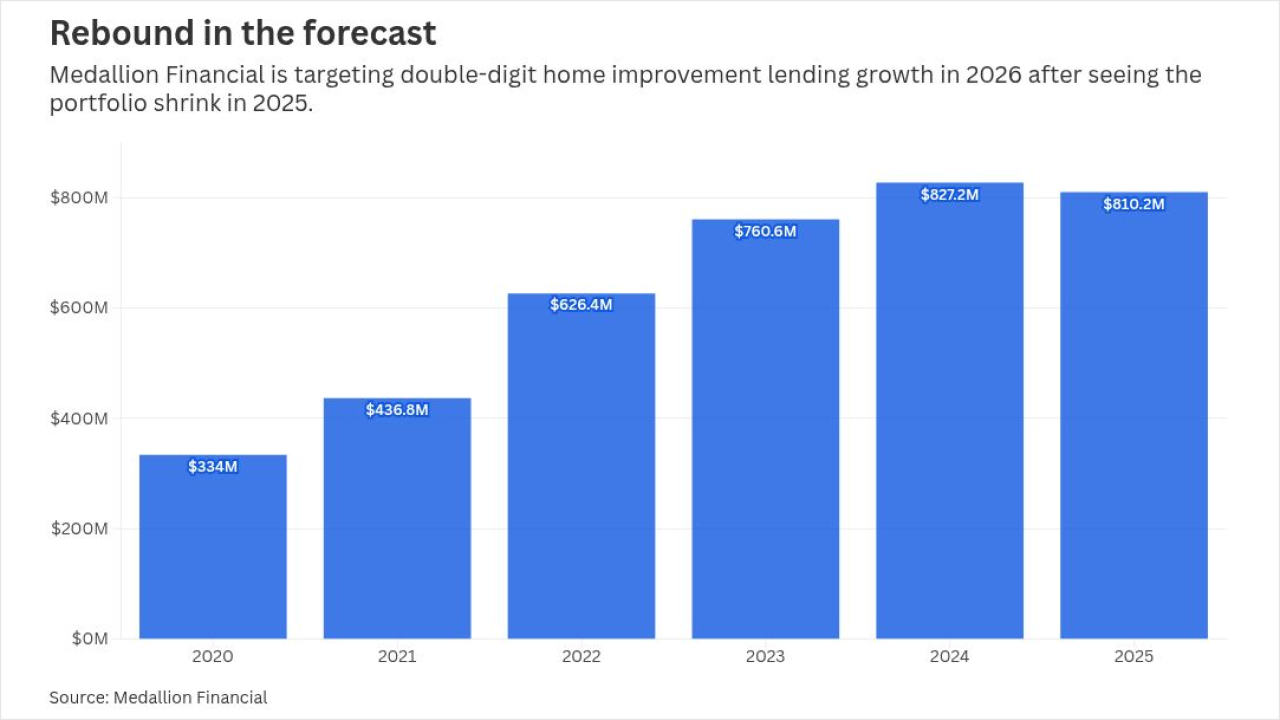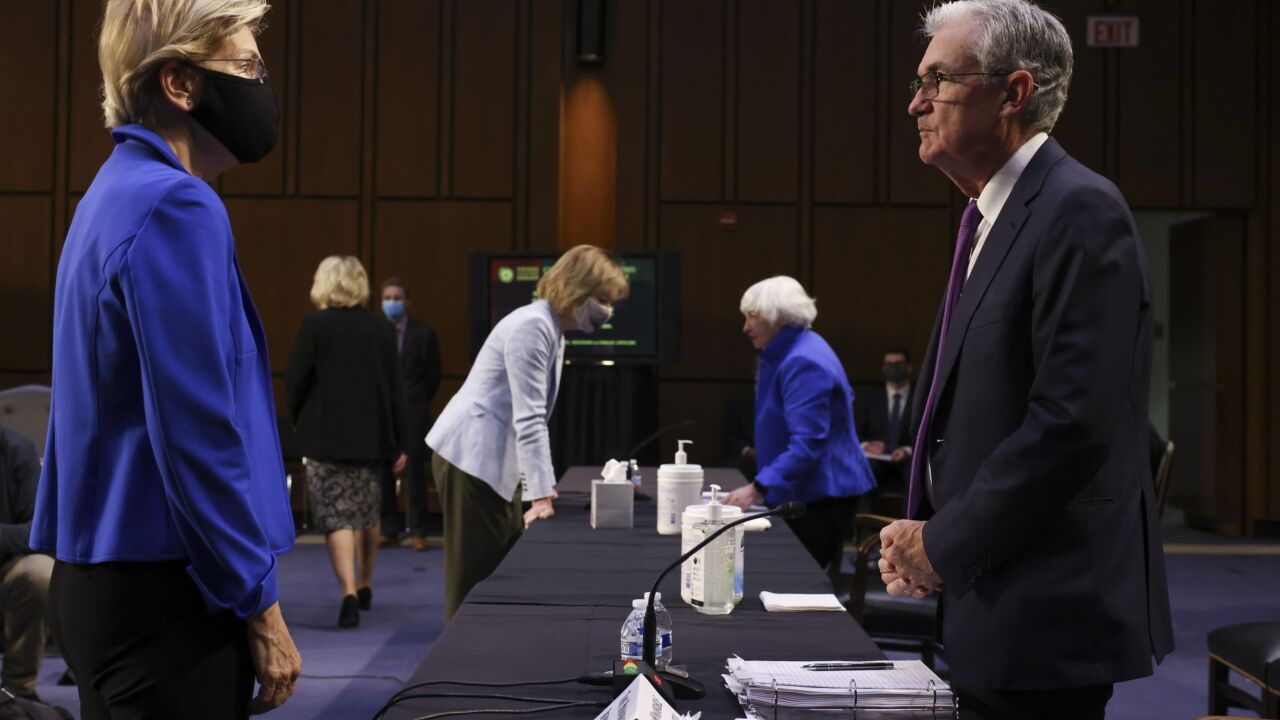American banks and regulators have a poor track record when it comes to adopting global capital standards. The United States was a major driver behind the Basel II accord, signed in 2004, but then barely implemented the rules on an extremely late schedule. That is why many Europeans are right to be wondering whether the tough new framework known as Basel III, agreed by global regulators earlier this month, will again be deemed optional on the other side of the Atlantic.
Senior U.S. officials are making the right noises. Treasury Secretary Timothy Geithner told Congress on Wednesday the United States is "committed to meeting" the end-2012 implementation timeframe. FDIC Chairman Sheila Bair is even more optimistic. She told Reuters this week the American delegation had wanted a quicker transition and reckons plenty of U.S. banks will do it faster on their own anyway.
The confidence is welcome — but hard to reconcile with reality. For one, the same bullish rhetoric accompanied the Basel II agreements. True, the United States was far more relaxed about risk before the crisis. And while Basel II would have allowed some banks to operate with even less capital, the new agreement should make the industry much safer. But the crisis is fading from memory as credit writedowns and corporate defaults wither.
Many of the same pitfalls that befell Basel II in the United States still lie in wait. As Europe pressed ahead, American congressional and regulatory authorities haggled over which banks should adopt the standards, the use of internal models to measure risk and the potential problem of inconsistent application of the rules globally. Some of these arguments were valid, and it's easy to see similar disagreements arising again.
What's more, even though today's U.S. regulatory regime may be stronger with the Federal Reserve as a newly powerful linchpin, it remains a complex web. And these fragmented agencies are already coping with more than 2,000 pages of financial reform.
It's possible the United States might move the new capital rules to the front of the queue and finally become a global leader on the issue. But since it failed to do so last time, the rest of the world understandably won't want the shame of being fooled twice.
For more information, visit





